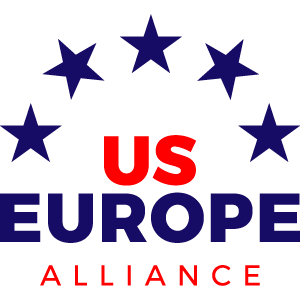“Transfer and theft of American intellectual property by the Chinese government is today the most pressing national security and economic challenge facing our country.” – Senator Diane Feinstein (D-CA), December 12, 2018
China aims to be the world’s economic hegemon regardless of rules, convention, or any discernable respect for fairness. The list of China’s dishonest and underhanded means towards this end is long; the aforementioned, blatant theft and bullying transfer of U.S. and European technological, engineering, and medical innovations are two among many.
China calculatingly weakens its currency to make its lesser-quality goods cheaper for export markets, thereby undermining the competitiveness of goods produced in the U.S. and Europe. China unrepentantly conducts cyber-intrusions into business networks in open societies, demonstrating a state-sponsored preference for cheating over the hard work necessary for invention. When one of China’s state-managed industries shows signs of poor performance in the global marketplace, its government readily injects massive subsidies to distort the competition in its favor. U.S. and European workers and entrepreneurs bear the pain with shrinking manufacturing jobs and depleting economic incentives.
It is no coincidence that a state which has such little regard for rules and fairness on the world stage shows such abject disrespect for the fundamental freedoms at home. China is well on its way to becoming a 21st Century totalitarian state par excellence. Currently, there are an estimated 170 million surveillance cameras in China with an additional 400 million slated for installation in the next three years (i.e. one camera for every 2.5 people). The state has increasingly deployed facial recognition technology and a censorious Social Credit System to effectively quash spaces for free speech and assembly. Irreprehensible is its ghastly imprisonment of a minimum 800,000 to possibly 2 million Chinese citizens for no reason other than their religious faith in Islam.
China’s economic and political influence is categorically insidious on both sides of the Atlantic. Its sought-after economic dominance would be followed with an effort to establish a dysmorphic world order centered in the power of he who rules the Chinese Communist Party, built on amorality and a Yen-backed fist.
China’s admittance into the World Trade Organization has done little more than corrode the rules-based order it once stood for throughout the world. Until China’s leadership reverses course by respecting the fair rules of trade, intellectual property rights, and the basic human rights of the Chinese people, it should be treated by the Transatlantic Community as an adversarial competitor of the highest order.
